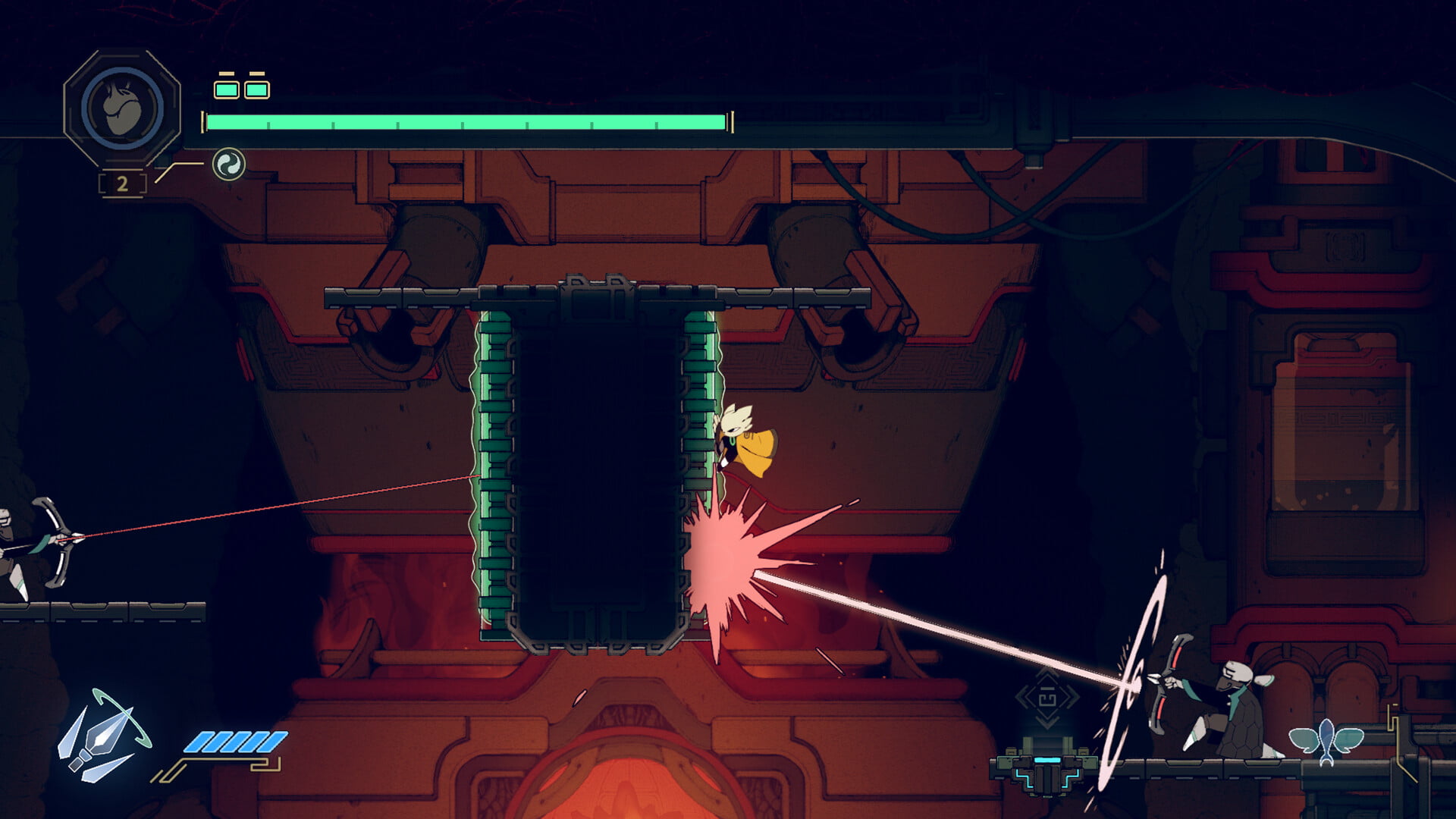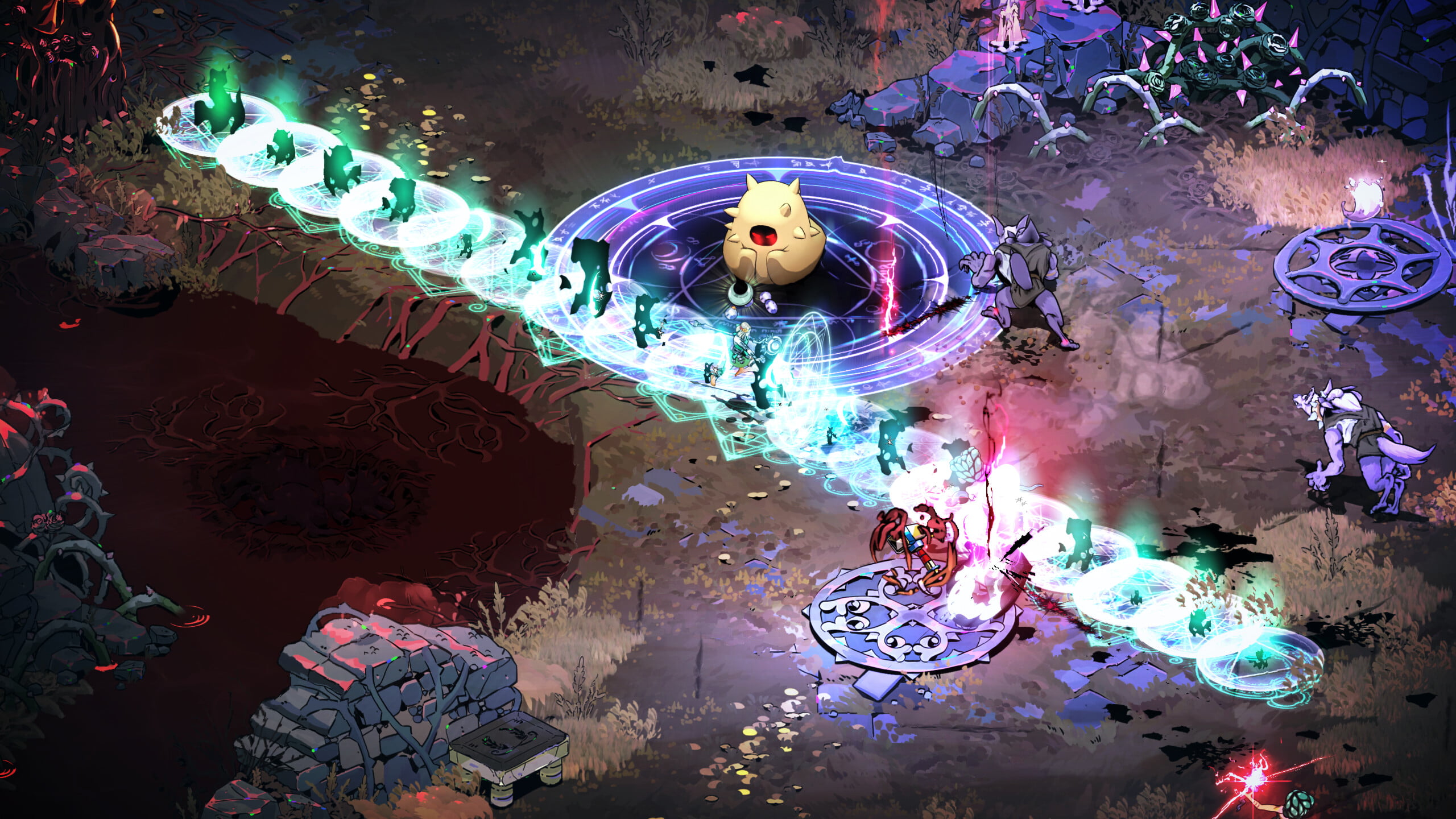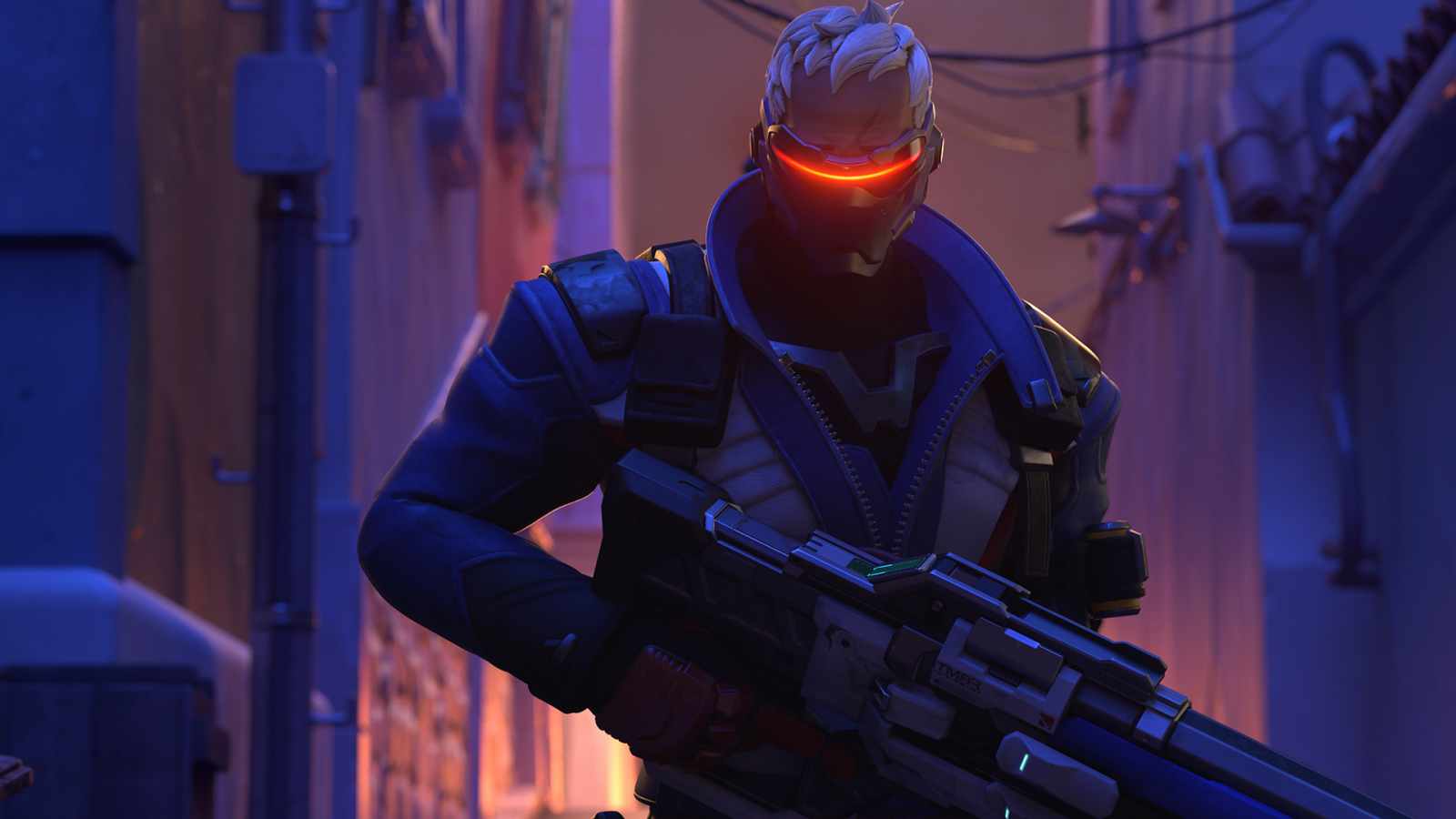Tacoma, the latest walk-‘em-up game from Fullbright, the makers of the critically acclaimed Gone Home, is out now. Callum and Gareth have played it, and we decided to debrief in order to share our thoughts on the experience. Be warned; we will talk about everything in the game, so there will be spoilers galore!
Gareth: Overall I really enjoyed Tacoma, probably slightly more than I enjoyed Gone Home. For me, the space station became a more “real” environment than the slightly artificial 1 Arbor Hill felt in Gone Home, despite the space setting. I think the story is somewhat predictable in the main beats it hits, but I didn’t really see the “twist” coming. For some reason I thought that most of the crew had frozen to death in cryostasis, because I missed the line at the beginning where it said the crew had been evacuated. I was glad the game had a “happy” ending, but I felt that it was potentially a bit too neat and tidy.
I was surprised how much the game reminded me of two other games, namely Event[0] which was released in September 2016, and Spirits of Xanadu which came out in March 2015. All three games feature mysterious space ships/stations where a solitary character has been tasked to go and retrieve or reactivate something and bring it back to Earth. Spirits of Xanadu is more of a System Shock-esque experience, but both Xanadu and Event[0] have interesting secondary characters who you learn a lot about, aboard empty space installations.
Speaking of which, what did you think of the characters?
Callum: I enjoyed it as well. I wasn’t sure what to expect out of Tacoma, especially given how wander games have evolved since Gone Home was released, but I’m very pleased with what we got. It sort of feels a bit more… traditional in some ways given the story is a lot more direct in how it’s told and delivered than Gone Home was (more watching things unfold directly, less rummaging around piecing it together), but I think it works considering the nature of the story.
So, I noticed that the crew had evacuated early on and didn’t pay it any mind, but as the cryostasis angle began to unfurl, I begun to worry that they all died and were disposed of before our arrival. Was very relieved to discover I was wrong; which I guess speaks to the strength of the characters that I felt invested enough in them to worry about whether they made it or not.
I really liked the characters. Like Gone Home, the cast felt… real, for lack of a better word. Despite the extraordinary circumstances, they still have very mundane lives and problems. I appreciate how Fullbright’s characters’ lives always have more going on than just the stuff directly connected to the plot. In Tacoma especially, things like seeing how the crew spends their downtime are a nice touch. I feel like we often talk about games are getting better about crafting well-rounded characters, but I feel like Fullbright is still in a class of their own in that regard.

Gareth: The main characters were all great; there was nobody I didn’t like. Clive had a great British accent too, and I always appreciate that in video games. I was interested to learn more about the universe the characters live in and Tacoma is somewhat light on that front; it makes allusions to the fact that Amazon and Hilton Hotels run basically everything and you’re tied into a company via employee loyalty. This was very similar to the future imagined by Max Barry in his novel “Jennifer Government”. I think it’s quite terrifying just because how closely it feels to reality; capitalism rampaging out of control basically making their employees indentured servants.
I felt like because there were more characters there was generally less time available to explore each person. In Gone Home because the family was smaller it felt like their lives were more intricate, but in Tacoma I never felt like I properly got to know them. If the game had another full area (like another arm of the space station) I think that would have provided the additional time to flesh out the characters more. But if you hunted around properly, there were definitely allusions to more depth which was not explicitly address, such as the order of service for her sister’s funeral in EV’s living quarters.
I was a bit disappointed that ODIN, the AI, never really gets his due in my opinion. He seems like quite a nice and caring AI really, who essentially saves everybody because he rebels against his original programming by helpfully hinting that Sareh should go to his mainframe. I wanted to talk to him (ala Event[0]) to learn more about him and why he decided to help the rest of the crew, but there was no direct interaction with ODIN at all apart from at the very end.
Callum: The concept of employer Loyalty — the new world currency, if I recall correctly — was a really chilling aspect of Tacoma. We already live in a society that values people based on the potential profit that can be gained from their labor. Judging one’s value based on employer loyalty? Expecting them to take care of you after spending a life in servitude to one of them? Nightmarish. Workers are already treated as disposable. I don’t want to imagine how much worse it would be under a system like the one Tacoma presents.
The greater number of characters definitely left them less time to explore them in full, but at the same time, I feel like what we do get to gleam about them is still highly informative about who they are. Plus, given the environment, I think it makes sense that we don’t get a complete picture of their lives the way we did with the Greenbriars in Gone Home. We’re not exploring a house filled with years of family history, after all, but a workplace with limited space in everyone’s living quarters.
It emphasizes the sense of isolation they have from being forced to be away from their lives — their families — back home. We can only learn so much about them when their lives are dominated by the work they’re shackled to. At most we only see little touches — messages exchanged between friends, spouses, or children back on Earth; letters or mementos they took with them before being stationed on the Tacoma. We can only get small glimpses into their lives because we, like the ship’s crew, are separated from their actual lives. Not because they want to, but because they have to in order to get by.
I recall a conversation the botanist Andrew had with his son. They were talking about how he and his husband are trying to work to afford their son to get into Amazon College, as they have to pay a lot out of pocket due to not having enough Loyalty with them to cover it, and how Andrew working on the station has begun to put a strain on their relationship due to how rarely he’s home. Both his son and husband want him around more, but Andrew didn’t want to give up the job because of the consequences of doing so under the Loyalty economy they live under. After all, as we see with Clive and the many rejection letters in his room, not sticking with any one company for very long tends to close one off from other job opportunities.

Tacoma then feels like an anti-capitalist text. From the way it emphasizes the broken nature of Loyalty and the fact that human labor not being made obsolete is now a national holiday, to the way everyone’s lives back home are impacted by the devotion to their jobs; hell, even the eventual twist at the end where the Venturis Corporation intentionally tried to sabotage the station and kill the crew in a bid to repeal the laws that prevented them from replacing human labor with automation. They’re so desperate to improve their bottom line that they’ll willingly murder their own employees just to make a bid to repeal labor laws that are inconvenient for them.
Garrett Martin over at Paste Magazine wrote about that, and he nails a lot of what makes Tacoma‘s critique work. (As an aside, between this and Night In The Woods, I really like that we’re starting to see more high-profile games have a clear leftist slant to them. A welcome change from the usual conservatism that’s often so prevalent in videogames.)
As far as ODIN goes, I think the lack of interaction makes sense. You’re only there to retrieve him, so being able to chat with him while you wander around the station would run counter to that, not to mention risk the game revealing the final twist at the end too soon. I think his motivations are well-realized, though.
In all his conversations with Sareh, it’s clear he’s especially fond of her. The two are almost always chatting in every scene, often confiding in one another. During the Obsolescence Day Party those two are down by the pool table chatting. ODIN spoke openly about how AI develop their own personalities and how they’re purposely separated from other AIs, expressing interest in meeting another one. Heck, when she was having a panic attack just after the crew decided to move forward with their escape plan, ODIN was there to comfort her. And again when she was wondering whether she did the right thing by lying to Natali about her being able to survive cryostasis.
Everyone else, by comparison, seems more business-like with him. They need something done, they call him up and ask for his assistance. They don’t engage in idle chitchat. Even so, I think it’s clear ODIN cares about the crew’s wellbeing. After all, he willingly let Sareh into the restricted section of the station so she could send a distress signal, knowing full-well what would happen to him once Venturis got a hold him. I think his motivations, then, are clear: he wanted to help a friend.
Gareth: I definitely agree about Tacoma’s anti-capitalist (or anti-exploitative capitalist) themes, I suspected that the Venturis Corporation was not going to be all love and kisses when they made me sign a long disclaimer simply by entering the space station at the beginning of the game. Themes like this have been done before in both games and other media but I think it doesn’t lose impact because in the real world we are still grappling with the difficulties of corporate power and the inhumanity corporations acquire when they see their staff and customers not as real people but simply as “resources” to be either exploited or leached from.
I thought the environment was probably my favourite bit of the game, with the design and layout of the space station following semi-realistic design. A central corridor of zero-gravity surrounded by spinning arms of artificial gravity, and the space elevators you take to get to each arm. It felt nicely simple in a way that many science fiction games sometimes don’t manage to achieve. I like “science” in my sci-fi! I never really understood exactly what Tacoma station was for though. It was called a “Lunar Transfer station” so does that mean they basically were just a refuelling stop? There certainly wasn’t anywhere where it looked like lots of guests traveling to the moon would stop over.
Callum: I appreciate how restrained Tacoma‘s vision of the future is. I feel like most near-future sci-fi often falls into the trap of making things far too advanced given how they often aren’t set that far from the present. Everything has that futuristic sheen on it, but it still feels… grounded. It doesn’t feel too “out there,” you know? (Apart from the AI stuff, obviously.)
I think it’s meant to be a waypoint for cargo being sent between the Earth and moon. Pretty sure I read something about that somewhere. Given the small crew and how they primarily serve as maintenance for the station, I can’t imagine it being for anything particularly complex. If it were, I imagine it wouldn’t be able to run with so few people.

Gareth: So, let’s discuss the actual gameplay of Tacoma. The central mechanic of replaying a recording of a moment in time in the life of the characters I felt worked really well, especially when you consider how naturalistically multiple conversations sometimes overlap during those recordings. It made me appreciate how difficult it must have been to try and script that kind of intersecting dialogue. It was fun to wander around, listening to bits of the conversation before putting it altogether at the end. It also makes the experience a bit more involving than Gone Home, which only really had the voice over and examining stuff. Tacoma’s examining stuff works just as well as in Gone Home, and it’s still fun to read the labels on toothpaste or beer cans and get little tidbits of information about the universe.
Callum: Yeah, the playback of everyone’s conversations and movements was an inventive addition. It feels like a good alternative to the old audio log blueprint of environmental storytelling. Being able to watch everyone’s lives on the station be played back is a much more elegant and engaging solution to standing in place listening to someone monologue about what happened. Horizon: Zero Dawn from earlier this year was rotten with instances where you’d be standing around for, like… upwards of 20 minutes sometimes listening to audio logs. While some of the content was interesting, that’s a really bad delivery mechanism. Really hope Tacoma inspires more developers to think of additional solutions.
I’m kinda surprised we haven’t seen the Fullbright method of rummaging around be adopted by more games. It’s been long enough since Gone Home that you’d think we’d have seen one or two big-budget games taken those ideas wholesale by now. Altgame developers are about the only ones who continue to explore what you can do with this genre. I don’t mind — they do fantastic work in the altgame scene and the works they’re producing continue to impress — but it is interesting.
Gareth: All in all I think Tacoma is a solid second project from Fullbright. It shows them developing and honing their craft in several ways while significantly expanding the scope of the experience. While Gone Home remains the more emotionally resonant and ultimately more memorable journey, Tacoma is quite unique in its own right and does feel very different from Gone Home. I’m looking forward to seeing what Fullbright will do next.




